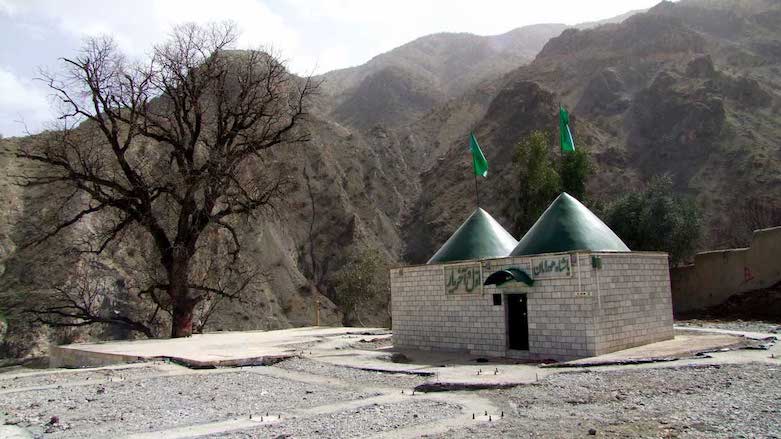Senior Kurdistan Region leaders congratulate Kakais on Qultas holiday

ERBIL (Kurdistan 24) – Senior Kurdish leaders on Wednesday extended their best wishes to Kakais in the Kurdistan Region and around the world on the occasion of “Qultas” (The Three Nights Day) holiday.
In a statement published on his official website, Masoud Barzani, the leader of the Kurdistan Democratic Party (KDP), extended his “warmest congratulations” to the Kakai community in Kurdistan on the occasion of Qultas.
Barzani also hoped the religious group is always able to spend the holiday in a safe environment away from the struggle and sorrows the Kakais and other minorities in Iraq have recently faced, particularly at the hands of the so-called Islamic State, the statement added.
Elsewhere, Kurdistan Region President Nechirvan Barzani also extended his congratulations in a post on Twitter.
“I wish all our dear Kakai brothers and sisters in Kurdistan and all over the world a joyous Qultas, and hope this holiday brings with it happiness and serenity,” President Barzani wrote, adding he hopes that “everyone will spend the future holidays and celebrations under better conditions.”
Earlier on Wednesday, Kurdistan Region Prime Minister Masrour Barzani also sent a message to the people of the Kakai religious minority in Kurdistan and the world on the occasion of Qultas, during which the faithful spend three days fasting.
Read More: Kurdistan Region PM congratulates Kakais on Qultas religious observance
The Kakais, followers of a syncretic religion that contains elements of Zoroastrianism and Shia Islam, are ethnically Kurdish and reside in the provinces of Diyala, Kirkuk, and the Nineveh Plains. An estimated 100,000 live in Iraq, according to data from Minority Rights.
Editing by Karzan Sulaivany
